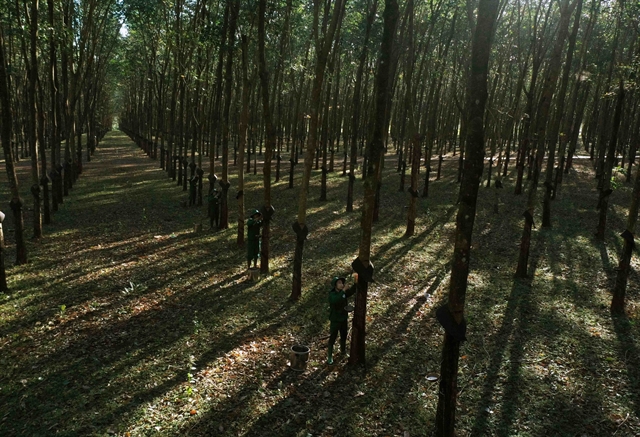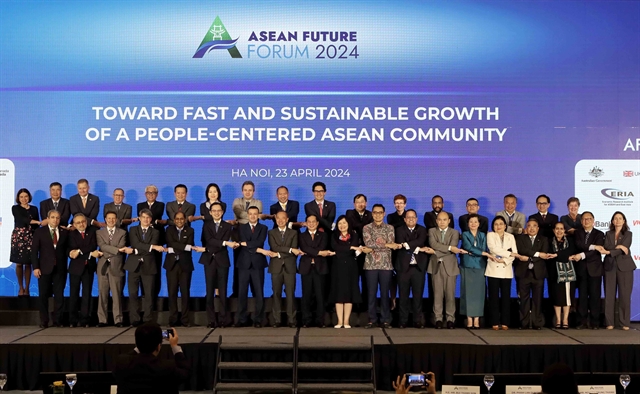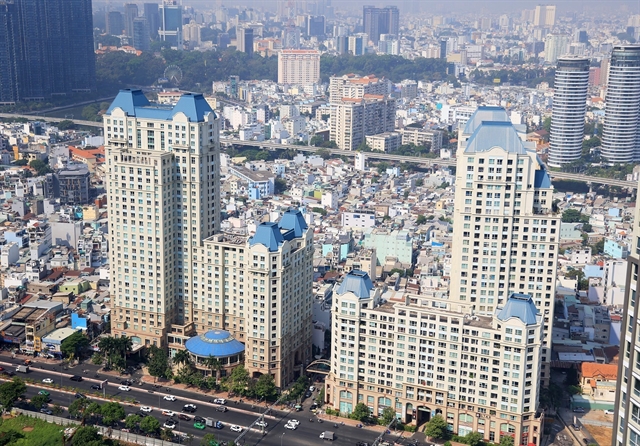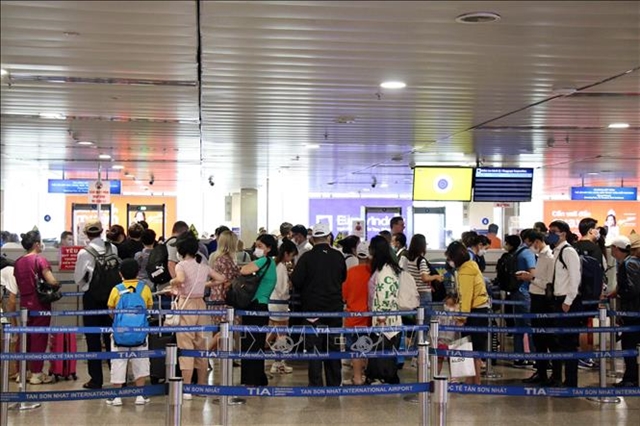 Opinion
Opinion

Professor Dr. Nguyễn Tác An, Vice President of the Association of Science and Technology on Việt Nam Sea speaks to the website Tài Nguyên & Môi Trường (Natural Resources and Environment) on the need to have tight control on the dredging of sewage sludge activities in the sea bed
 |
| Nguyễn Tác An |
Professor Nguyễn Tác An, Vice President of the Association of Science and Technology on Việt Nam Sea, speaks to the website Tài Nguyên & Môi Trường (Natural Resources and Environment) on the need to control the dredging of the seabed.
The dredging of the seabed is a normal activity in many countries and Việt Nam is no exception. What is the most common method used elsewhere?
Dredging or deepening narrow passages in sea harbours or ports is a normal activity to facilitate the coming and going of ships from ports.
In Việt Nam, such activities have been done annually or periodically. Of course, all the mud and sediment collected has been transported and dumped at a special destination in the sea. In the world, an average of 250-500 million tonnes of dredged mud and sediment is licensed to be dumped in the sea in accordance to International Acts or Treaty of the International Maritimes Organisation (IMO, 2015). In developing nations, dredging sea canals/ports are activities bringing big revenue to many companies.
Both international and Vietnamese laws allow the dumping of waste into the ocean. But why in Việt Nam have many people strongly protested the activities?
Certain groups of people, whenever they have heard of news of upcoming of waste dumping, immediately launch a campaign against it. Of course, from the management side, we have to carefully analyse the situation and try to understand why these people are against the waste dumping into the sea. In my opinion, basically speaking, such rumours are not against the acts of dredging/dumping. They all understand the necessity for sea dredging or dumping in the ocean in the course of national economic development and defence. That’s why I want to repeat once again that these people – they don’t protest the dredging or dumping of waste into the sea. What they want is to be provided with information about the impacts of dredging/dumping of waste into the sea and why the general public has not been consulted with before the waste dumping activities took place and others.
In the perspective of science and management, we should thoroughly consider the people’s opinions to make them feel at ease over the safety of the sea and make them understand that “we are developing the economy not at all costs!” as Prime Minister Nguyễn Xuân Phúc has said.
Do you think that materials dumped into the sea will cause negative impacts on the maritime environment or the aqua resources in the surrounding areas?
Of course, it will cause certain negative impacts to the surrounding maritime environment, including biodiversity, scenery and the development of certain maritime economies. The most visible negative impacts are the seawater in the area being polluted and the ecosystem being damaged.
So before giving a permit to dump anything into the sea, we must analyse carefully the negative impacts of the dumping waste to the marine environment and its eco-system. And make sure all the data is in inconformity with Vietnamese and international laws.
Before the dumping takes place, what do enterprises and management agencies have to pay attention to?
I’m sorry to say, until now no one has come up with a perfect idea on how to eliminate negative impacts of the sea dredging activities or waste dumping into the sea. But, such activities are all essential in our economic development – particularly the marine economy which has been considered a driving force for national economic development.
But, I’m confident we can reduce to a minimum the negative impacts throughout the course of dredging and dumping waste into the sea or other economic or social activities.
I’m confident Việt Nam has all capacities and potential to minimise the negative impacts of dredging activities or submerging of waste into the sea toward our environment as well as society in general.
I hope in the near future, the Government will come up with a good plan on how to protect and develop our maritime economy, including the zoning of area for dumping waste into the sea in a sustainable manner.—VNS.








